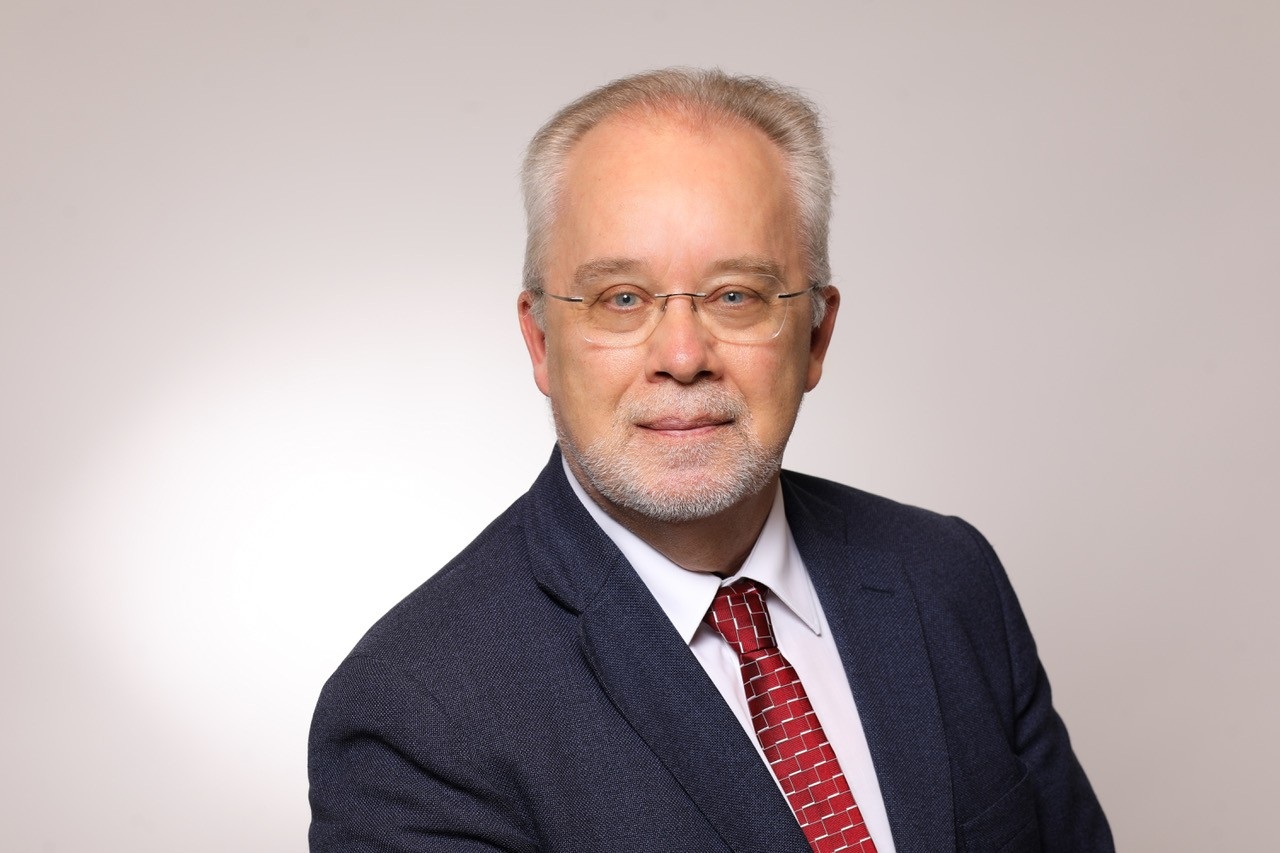Advancing European research: An interview with Academia Europaea’s next President, Professor Donald Dingwell#
Donald Dingwell has been elected as the next President of Academia Europaea. In this interview, he discusses how a European perspective and global experience will guide his ambitions for the Academy.
About Donald Dingwell MAE#
Donald Dingwell MAE is a Canadian earth scientist, specialising in geomaterials, magmas, and volcanism. Since moving to Germany in 1987, he has built a career at Ludwig Maximilians University of Munich, where he served as Chair of Mineralogy and Petrology and led the Department of Earth and Environmental Sciences from 2000 to 2024.
Professor Dingwell has authored around 600 scientific publications, advancing experimental approaches to understanding magmatic processes. His contributions have been recognised with numerous awards, honorary doctorates, academy memberships, and national honours from both Germany and Canada.
In addition to his research, Dingwell has held major leadership roles, including President of the European Geosciences Union, President of the International Association of Volcanology and Chemistry of the Earth’s Interior (IAVCEI), and Secretary-General of the European Research Council.
A Member of Academia Europaea since 2007, Dingwell was recently elected as the Academy’s next President. His term will officially start at the Annual General Meeting (AGM) of Members in Barcelona on 14th October. Until the AGM, Professor Dingwell will hold the title of President-elect. During this interim period, he will continue to serve as Vice President and Chair of the Board of Trustees.
Read the interview#
Tell us a little about your background and the key highlights from your career so far that have led you to your new role as Academia Europaea’s President.
I would say that being fundamentally European, rather than national, in outlook is the essence of what I bring to the table at Academia Europaea.”
As the new President of Academia Europaea, what are your priorities and ambitions for the Academy over the next few years?
In addition, there are challenges that may arise unexpectedly. These must be addressed with experience and initiative, drawing on the Academy’s valuable consultative bodies – the Membership, the Sections, the Classes, the Board and the wisdom of past office-holders.”
 .
.For further information please contact AECardiffHub@cardiff.ac.uk
 .
.


